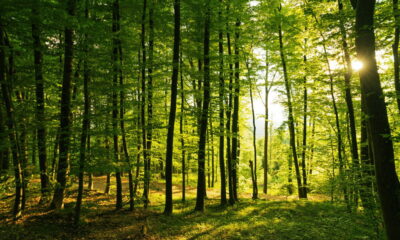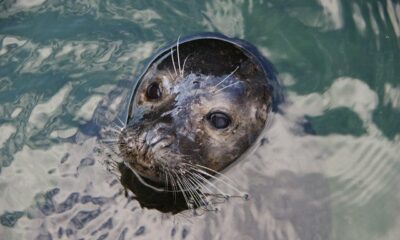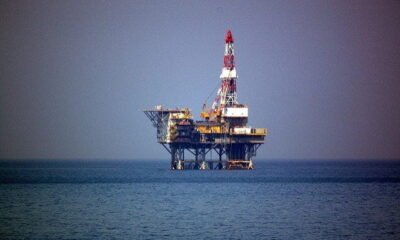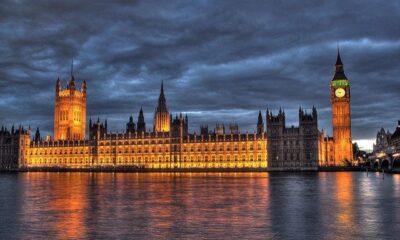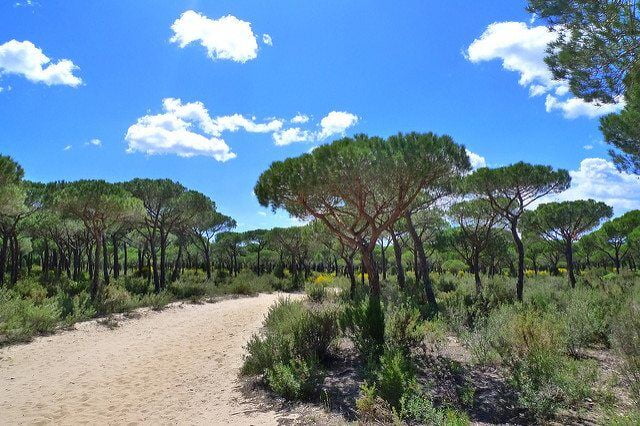
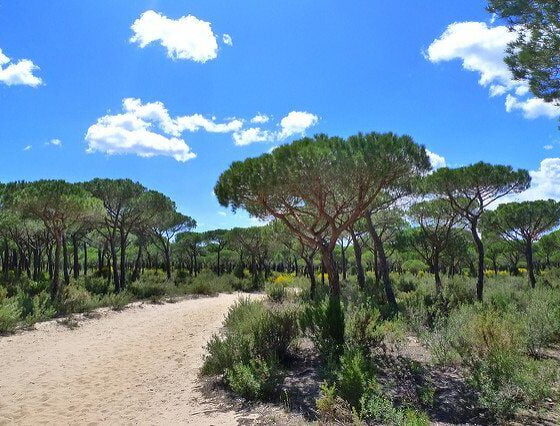
Energy
Europe’s Leading Wetland Drying Up At Alarming Rate
A new report released today (15th November) has highlighted that Doñana World Heritage Site, Europe’s leading Wetland, is drying up at an alarming rate, putting hundreds of thousands of birds under threat and damaging the ecosystem.
80% of the Guadalquivir river marshes have been lost in the last century and this is being greatly exacerbated by current government policy. The underground aquifer that feeds Doñana’s marshes has suffered severe declines with some parts seeing a decrease of up to 35 metres. This deterioration is affecting rivers, marshes, lagoons and the flora and fauna that make Doñana unique. The report notes that Doñana’s aquifer would need between 30 and 60 years to recover completely from the current overexploitation after strong measures are taken to end illegal and unsustainable water use.
The site, which is at danger of being the first EU natural World Heritage Site to be placed on the World Heritage Committee’s endangered list, has suffered a decrease of 80% of the freshwater reaching the marshlands, compared to its natural situation, due to river modification projects in its main tributaries, such as the Guadalquivir, and the overexploitation of the aquifer. The water supply from the aquifer is critical for the wetland, especially in dry seasons and dry years, and its decline makes Doñana much more vulnerable to climate change impacts. The hundreds of thousands of birds that are flying from Europe to spend the winter in Doñana National Park will find the marshes almost empty of water.
The other effects on the ecosystem include:
· A change of vegetation from water dependent to drought resistant plants
· 96% of current biomass of fish in Doñana marshland is formed by alien species
· Pollution in the marshes with agrochemicals being detected on crabs, nitrogen levels higher than the legal limit set by the EU, and toxic heavy metals have been detected.
· The eutrophication process of Doñana’s marshes is speeding up and there have been exponential increases in phosphorus and Nitrogen levels in the past 5 years, resulting on the expansion of alien plant species
· 7 out of 10 species of dragonflies and damselflies listed in the Red List have disappeared from Doñana
This report is one of the most thorough scientific analysis ever made about the state of water in Doñana, and the effects this is having on the ecosystem. The report notes that the populations of wintering ducks that rely on a healthy marsh are rapidly declining with the endangered marbled teal almost disappearing. The temporary lagoons, one of the natural features that make Doñana unique in Europe, are drying up at an appalling rate. 40% of the species of dragonflies that lived in Doñana, associated to those lagoons, have been lost.
Europe’s leading wetland is drying out at an alarming rate and could lead to the precipitous decline of flora and fauna
Chris Gee, WWF-UK Senior Campaigns Manager, #SaveOurHeritage said:
“Doñana is a fragile World Heritage Site, a unique wetland eco-system. This report demonstrates the urgent need for the new Spanish government to focus on protecting its value. Europe’s leading wetland is drying out at an alarming rate and could lead to the precipitous decline of flora and fauna which makes it receive its World Heritage site status. Further inaction risks precious wildlife and the livelihoods for the people who rely on this site. UNESCO set a deadline for the government of 1st December to cancel harmful dredging plans. If the government does not act Doñana could be the first EU natural World Heritage site to be inscribed on the endangered list.”
The situation of water is also the biggest concern of the international bodies that look after Doñana’s conservation, both for UNESCO and for the European Commission. The Commission is about to take to Spain to European courts because of mismanagement of water in the Doñana area.


 Environment12 months ago
Environment12 months agoAre Polymer Banknotes: an Eco-Friendly Trend or a Groundswell?

 Features11 months ago
Features11 months agoEco-Friendly Cryptocurrencies: Sustainable Investment Choices

 Features12 months ago
Features12 months agoEco-Friendly Crypto Traders Must Find the Right Exchange

 Energy11 months ago
Energy11 months agoThe Growing Role of Solar Panels in Ireland’s Energy Future
